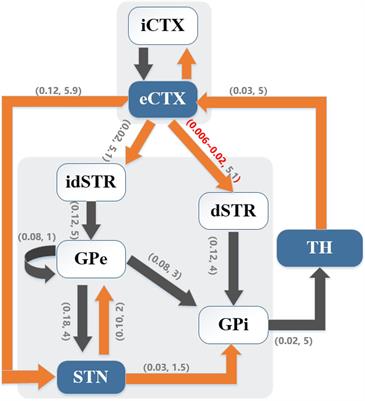METHODS
Published on 03 Mar 2022
Synchronized Intracranial Electrical Activity and Gait Recording in Parkinson’s Disease Patients With Freezing of Gait
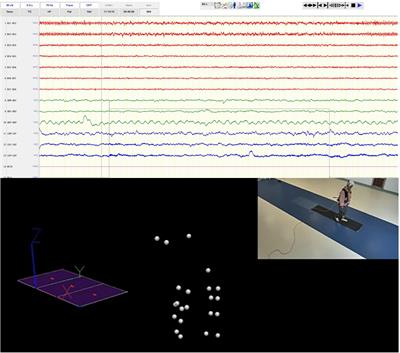
doi 10.3389/fnins.2022.795417
- 2,220 views
- 2 citations
19k
Total downloads
72k
Total views and downloads
You will be redirected to our submission process.
METHODS
Published on 03 Mar 2022

PERSPECTIVE
Published on 16 Dec 2021
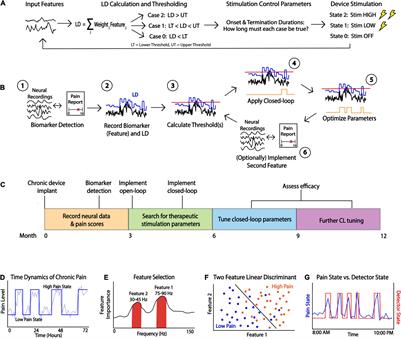
REVIEW
Published on 08 Dec 2021
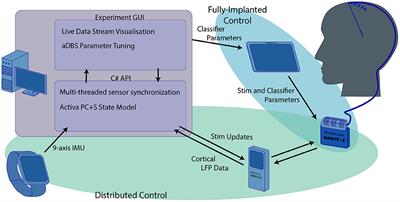
ORIGINAL RESEARCH
Published on 07 Dec 2021
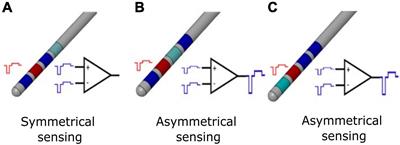
BRIEF RESEARCH REPORT
Published on 11 Nov 2021
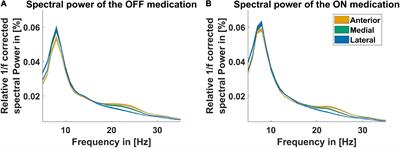
ORIGINAL RESEARCH
Published on 11 Nov 2021
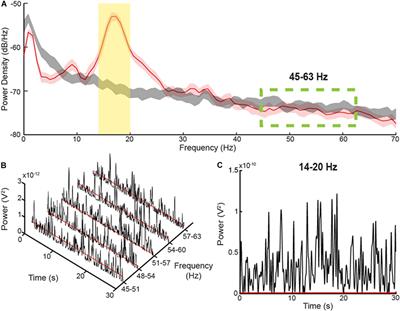
PERSPECTIVE
Published on 11 Nov 2021
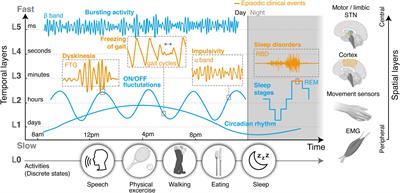
ORIGINAL RESEARCH
Published on 21 Oct 2021
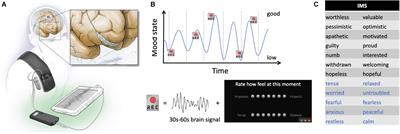
ORIGINAL RESEARCH
Published on 18 Oct 2021
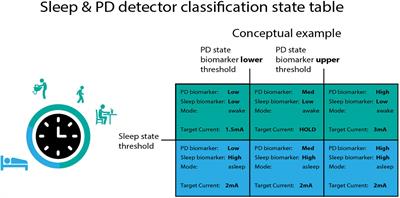
ORIGINAL RESEARCH
Published on 07 Oct 2021
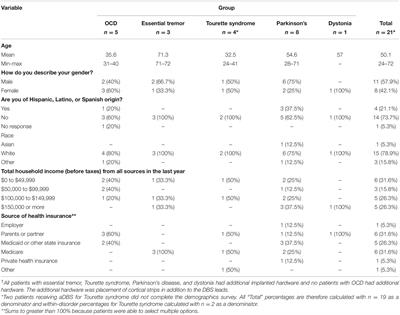
CASE REPORT
Published on 24 Sep 2021
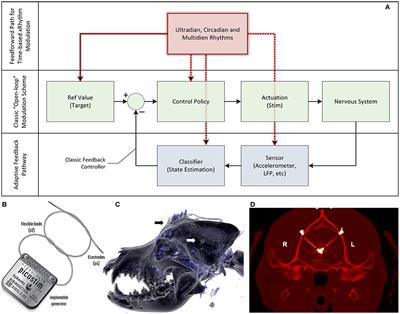
ORIGINAL RESEARCH
Published on 16 Sep 2021
